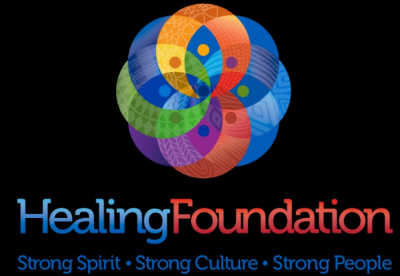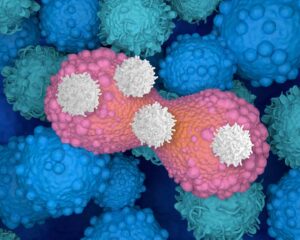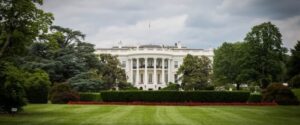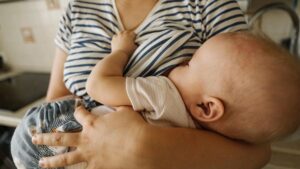
BREAKING: A shocking new report reveals that Indigenous Australians are grappling with a profound health crisis linked to intergenerational trauma, a condition believed to stem from the impacts of British colonization. This urgent situation has escalated, raising alarm as many affected individuals struggle with severe mental health issues, including depression, addiction, and violence.
Official sources indicate that the Australian government allocated $378 million in August 2021 to the Healing Foundation, with an additional $254 million promised for trauma recovery programs aimed at addressing this pressing health dilemma. However, concerns are mounting regarding the effectiveness of these initiatives, given the lack of medical oversight and scientific evidence.
Fiona Cornford, CEO of the Healing Foundation, stated, “Intergenerational trauma is real,” during a recent address at the National Press Club. Despite her claims, the Australian Institute of Health and Welfare (AIHW) has not recognized intergenerational trauma as a medical condition in its extensive reports on Aboriginal health, which identified chronic diseases as primary health issues instead.
Analysis shows that while many Australians are increasingly aware of the impacts of intergenerational trauma, the lack of solid medical research raises critical questions about the validity of current treatment approaches. The Healing Foundation’s programs focus on “Aboriginal healing” but lack clarity on medical assessments and treatment protocols.
The report highlights a systemic issue within the Healing Foundation, where no medical professionals or trauma specialists are involved in decision-making or management. This absence of clinical expertise has led to skepticism among health professionals regarding the authenticity of trauma claims and treatments.
As the public becomes more aware of the severity of this situation, there are calls for a reevaluation of how trauma is diagnosed and treated in Indigenous communities. With the ongoing debates surrounding compensation for historical injustices, the urgency for effective, scientifically-backed solutions has never been greater.
The report also points to a growing number of charities emerging to support children born into these traumatic circumstances, emphasizing the dire need for targeted interventions. Without a clear understanding of how to diagnose and treat this condition, many Indigenous Australians remain trapped in a cycle of disadvantage.
As discussions around reconciliation grow, the focus must shift towards ensuring that trauma recovery programs are informed by medical evidence to provide real help. The pressing question remains: How can Australia effectively address the legacy of colonization and its impact on Indigenous health when the necessary medical frameworks are not in place?
This developing story calls for immediate attention as stakeholders and the government face pressure to act responsibly and compassionately toward the Indigenous population struggling with the realities of intergenerational trauma.







